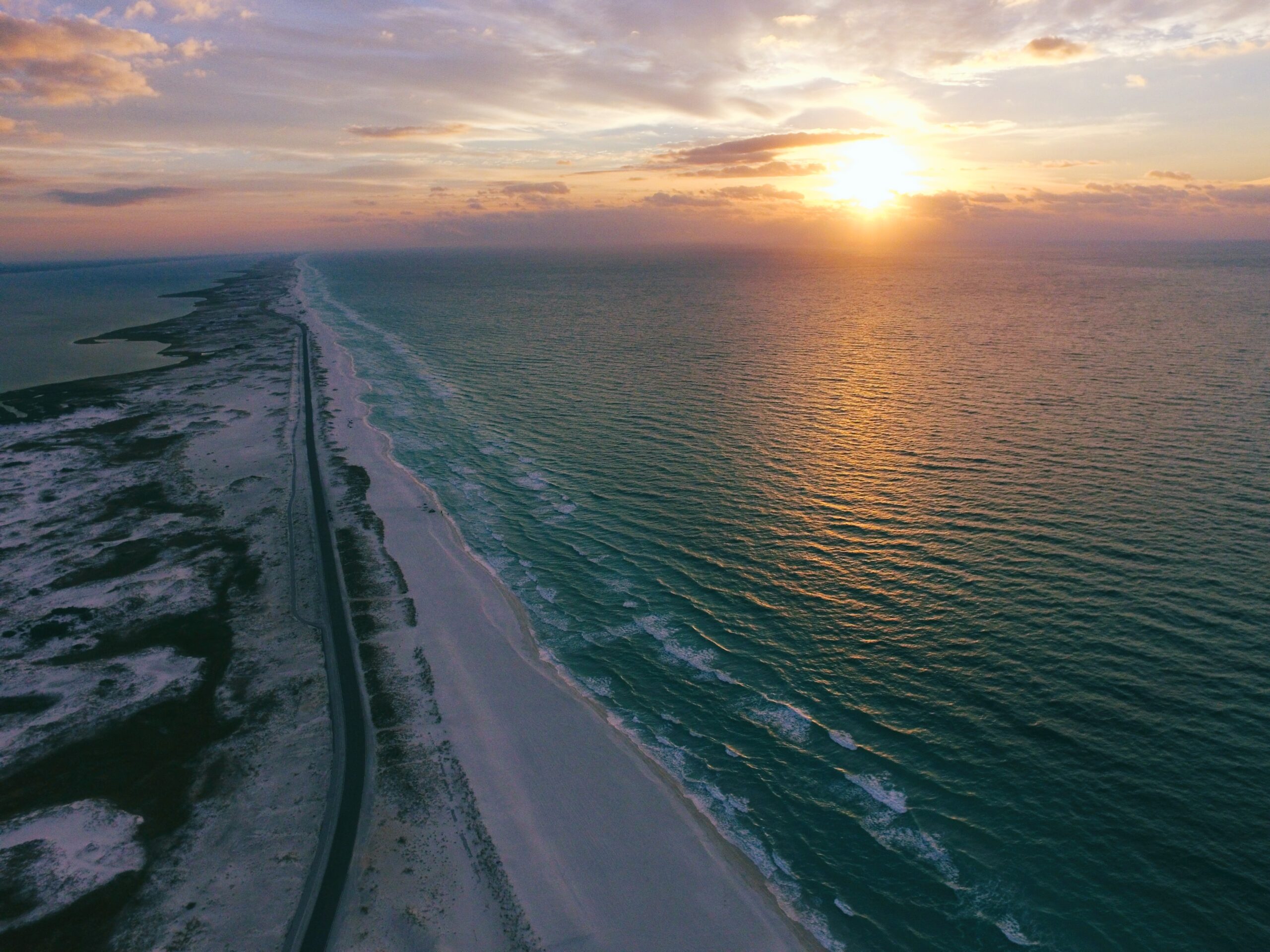What is Going on in the Gulf?
Here are 6 things you need to know about the environmental disaster affecting the Gulf of Mexico

There’s an underwater disaster unfolding in the Gulf of Mexico right now that’s affecting Gulf Coast wildlife, fishermen and economies. We’ve broken it down here with six things you need to know.
1. Lots of rain in the Midwest means lots of freshwater entering the Gulf of Mexico

To add insult to injury, Hurricane Barry brought more rainfall that could ultimately make a bad situation worse. Thankfully the storm dropped less rain than expected, but it’s only the first hurricane of the 2019 Atlantic hurricane season. Future storms could continue to bring more freshwater into the Gulf.
2. All the freshwater is throwing conditions in the Gulf out of whack
3. The situation is putting fish and other wildlife in jeopardy

There have been nearly 300 reports of dolphins dying this since February this year in the northern Gulf, and many are found with lesions that are associated with exposure to too much freshwater. The numbers of strandings are almost triple the average, which has spurred the National Oceanic and Atmospheric Administration to declare an Unusual Mortality Event for bottlenose dolphins in the northern Gulf. This declaration allows for more thorough investigation and frees up funding to better understand the problem.
Sea turtles don’t appear to be as affected by the recent influx of fresh water. However, scientists are concerned sea turtles may suffer indirectly because the prey they eat and their habitat are both impacted by the lower salinity water.
[quote image=”38758″ name=”Elizabeth Cerny-Chipman” title=”Fish Policy Analyst” align=”left”]If you encounter a dead dolphin floating or stranded on the beach, please immediately call your local stranding network or local authorities. In the Gulf, the number to call is 877-WHALE-HELP (877-942-5343). Don’t touch the dolphin or allow pets near the dolphin.[/quote]
4. When fish are affected, so are fishermen

This year, commercially important species like shrimp, crab, and oysters have been severely impacted by the freshwater influx in the northern Gulf. Commercial catch of wild caught Gulf shrimp is down, shrimping season opened late in Mississippi, and signs point to fewer shrimp and shrimp that are growing more slowly. And shrimpers still have to worry about the impacts of the large dead zone predicted this summer.
Fishing groups and politicians in the Gulf have called for the declaration of a fisheries disaster for Louisiana and Mississippi as a result of the increased freshwater. State agencies in the have already started collecting data to support a federal fisheries disaster, which would provide fishermen with funding assistance.
5. We might see this situation more frequently as climate change worsens

Climate change will continue to affect our coastal ecosystems, communities, and economies in serious ways. In the Gulf, it might manifest through increased freshwater and more algal blooms that will kill fish and wildlife. In another place, it might mean ocean acidification and lower oxygen waters that make it hard for fisheries to thrive. Somewhere else, warming waters will mean fish populations will move to new areas where waters are cooler. Along our coasts, fish will have to contend with many climate impacts at once, posing significant challenges for fisherman and resource managers who depend on them.
6. Keeping Gulf fish healthy is an important part of the solution for fisheries

First, we need to keep our fisheries healthy through science-based sustainable management and the rebuilding of overfished populations. In the Gulf, this also means understanding and better managing the land/sea interactions so we can reduce our upstream impacts on ocean resources. Second, storms and human activities can put pressure on fish populations by damaging important habitat. We need habitat protection and restoration to ensure that these habitats, such as wetlands and oyster reefs, continue sustaining fish populations and fortifying coastal communities. Third, we need to help fishermen and fishing communities prepare for change, for example, by putting plans and policies in place to deal with everything from more frequent fisheries disasters to the impacts of sea level rise on harbors and ports.
Everything is Connected
Decisions made ‘up-stream’ have impacts on the ocean. Everything in the environment is interconnected. We need to better understand and protect our ocean to ensure a healthy future for everyone.
What happens to the ocean impacts all of us. The ocean is our responsibility, but we can’t do it alone—we need to join forces with you and people around the world to keep our ocean and our coastal communities healthy and prosperous.